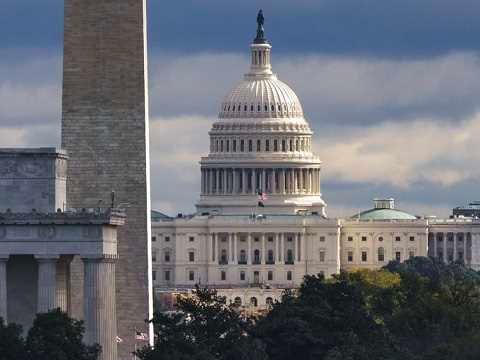
First things first, this is your last opportunity to place bets on the 2020 presidential election, along with the other political election props that the sportsbooks offer. If you were holding out for big last-minute payouts, you might have missed out due to high action closing Biden’s strong favor over Trump.
What’s been happening at the polls today, however? No unfolding of dramatic confrontation yet, and it appears most election day debacles center on localized mishaps sending or receiving ballots. For example, in Ohio, a homeless shelter registered 150 new voters in September, many of which still await receiving their ballots despite the system labeling them as “sent.”
Now that’s not to say that these votes do not matter or that they are inconsequential. We’re only pointing out the fact that small-scale logistical and technological issues happen every election. Across the country, important battleground states like Florida and Wisconsin reported successes in their electorate’s voting-day decorum and the states’ ballot systems.
The US uses an incredibly diverse and complex electoral system. On the one hand, this creates confusion and room for logistical errors, and on the other hand, thwarts our enemies. The constitution grants the states significant authority over the structure of their voting systems.
The resulting smorgasbord voting system makes it difficult for foreign powers to influence the election on a mass scale. Today, a Department of Defense official stated, “There is no evidence a foreign adversary has gained access to election infrastructure.”
The downside is that Republicans and Democrats now engage in legal battles in states like Pennsylvania, Texas, and North Carolina, over state-specific deadlines and rules on voting. Democrats wish to expand the mail-in franchise and alternate voting measures due to the pandemic. Republicans oppose expansion, claiming it opens the door for fraud.
Both sides blame each other for trying to swing the election in their favor. But let’s change the scope and look at the critical senate races that can mean just as much for the country as the Presidency does.
There are 35/100 Senate seats up for reelection. Democrats hold 12 seats up for reelection, and Republicans have the other 23. The Republicans face almost twice as many challenges as the Democrats do this election. The senate odds provide insight into their races.
Susan Collins (R-Maine) faces a big challenge from Maine House Speaker Sara Gideon (D).
US Senate Election Winner – Maine
Sara Gideon (D) -190
Susan Collins (R) +145
Georgia has both of its Senate seats up for reelection. The Republican candidates appear to be in slightly compromising positions.
U.S. Senate Election Winner – Georgia (General Election)
David Perdue (R) -165
Jon Ossoff (D) +125
U.S. Senate Election Winner – Georgia (Special Election)
Raphael Warnock (D) -110
Kelly Loeffler (R) +190
Doug Collins (R) +325
Another high-profile senate race is in Colorado, where former governor John Hickenlooper (D) looks to unseat incumbent Cory Gardner.
US Senate Election Winner – Colorado
John Hickenlooper (D) -800
Cory Gardner (R) +460
Iowa’s senate seat is one the Republicans need to hold.
US Senate Election Winner – Iowa
Joni Ernst (R) -250
Theresa Greenfield (D) +185
Other races of note are Montana’s senatorial race, where former governor Steve Bullock (D) traces closely at incumbent Steve Daine’s (R) heels. Michigan’s senate race against Senator Gary Peters (D) and new Republican breakout star John James (R) remains close.
Democrats need to unseat five Republicans if Trump wins and four if Biden wins. Democrats are poised to retain their majority in the House of Representatives. Democratic control of both the House and Senate may significantly affect the future of questions surrounding pandemic relief and the ACA.
